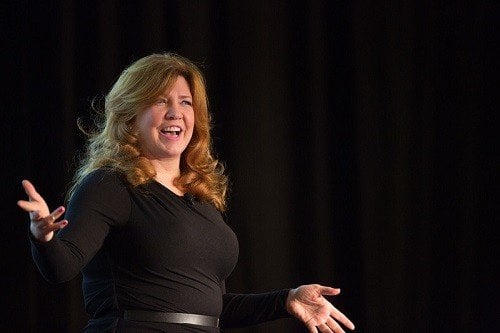Callan’s 37th annual National Conference drew a range of high-profile speakers who touched on a diverse slate of topics in their talks for the more than 500 people who attended this year’s event. This post and ones later will recap their views on key economic and geopolitical issues.
This year’s conference came in the wake of a tumultuous 2016 that saw, among other broad economic and political trends, an increasing backlash to globalization. Dr. Larry Summers, former economic adviser to President Barack Obama and Treasury Secretary during the Clinton administration, suggested that this trend was essentially a revolt against the elites. And he said it stemmed in part from economic frustration due to two forces: what he called a long-term trend of “secular stagnation,” which occurs when the level of savings exceeds the amount of money being invested in the economy; and the impact of automation, which has caused a hemorrhaging of certain types of jobs, especially blue-collar manufacturing work.
Dr. Pippa Malmgren, an author, entrepreneur, and economic adviser who served in the administration of President George W. Bush, attributed the revolt in part to the growing debt in industrialized countries. That burden not only lowers growth but also makes it harder for countries to deliver on their pledges to citizens, especially in regards to social promises and benefits. This damages faith in the future. Deflation and inflation are now combining and causing voters enough pain to throw out incumbents and bring in new, anti-establishment leaders and policies.


While the speakers had a bracing message about the financial and economic environment, Malmgren offered an optimistic outlook for the U.S. economy. Capital is flowing to hard assets in countries with strong legal protections, she said, and that means the U.S. is becoming a more attractive place for global investors and for starting a business.

